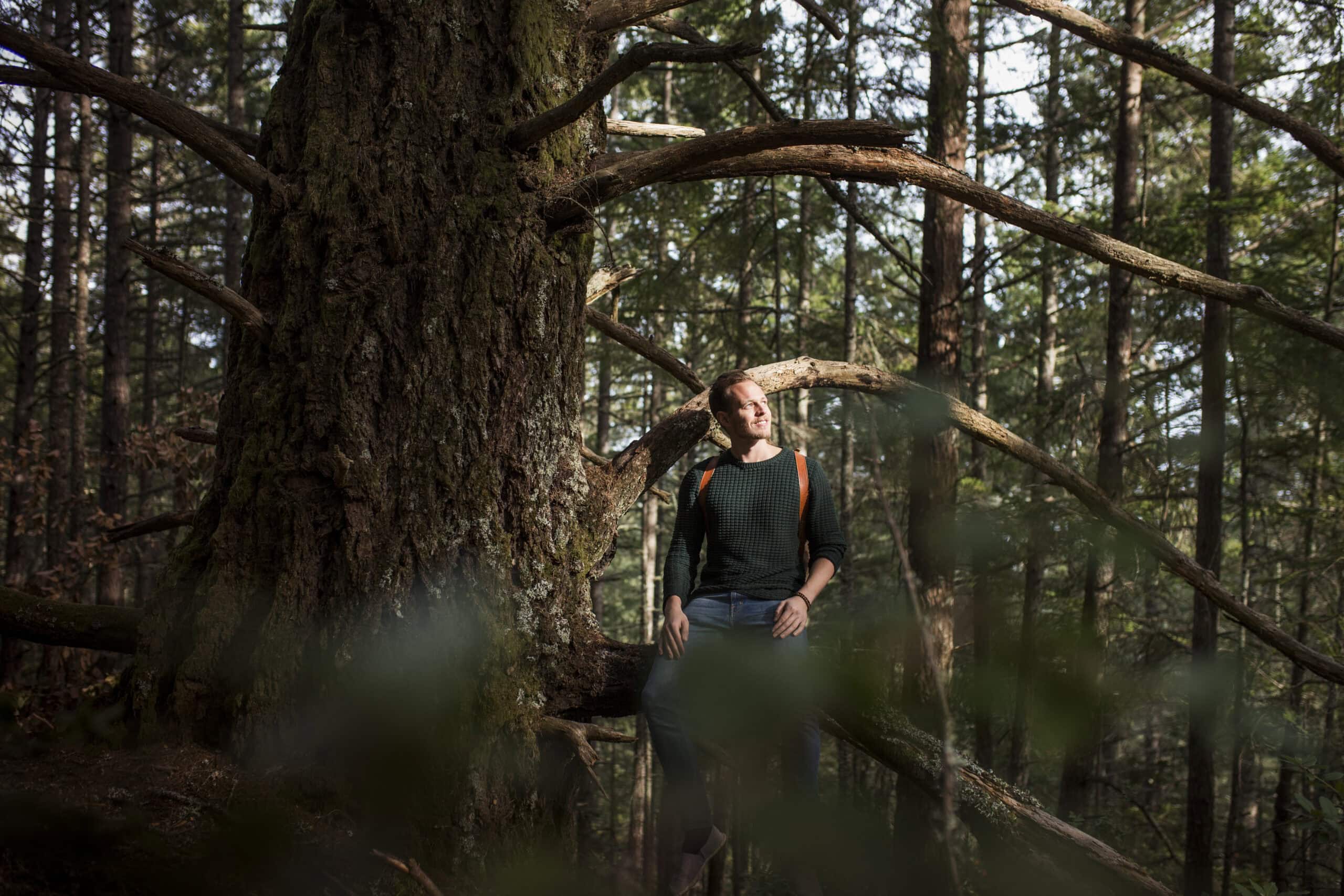Wellbeing Dimension: Evolutionary Wellbeing
Evolutionary Wellbeing honours humanity’s journey of adaptation, learning, and balance while fostering solutions that align with growth and harmony. As part of the Global Wellbeing Domain, it supports humanity’s capacity to innovate and thrive.
-
Why “Silly Words” Are Serious Business
Can nonsense words like “snizzlepop” actually build serious reading skills and brain power? You might think silly words are just for laughs—but research shows they’re essential tools for literacy, creativity, emotional connection, and brain development. From the mischievous “snickersnack” of the ‘Jabberwocky’ to phonics drills using words like “zeb”, “doth”, and “mig”, silly or nonsense…
-
The Neuroscience of Words: How Language Shapes the Brain
Have you ever wondered how simply hearing a word can trigger a memory, a feeling, or even a physical response? Language is often described as humanity’s most powerful tool, yet neuroscience reveals that it is much more than a means of communication—it is a formative force that sculpts our brains across development, cultures, and even…
-
The Science of Thinking: How Logical Thinking Shapes Child Development
How do children learn to make sense of the world? Logical thinking in child development plays an important role in helping kids understand cause-and-effect relationships, solve problems, and make informed decisions. From an early age, children begin to explore patterns, analyse situations, develop reasoning skills that shape their cognitive growth, and make sense of the…





